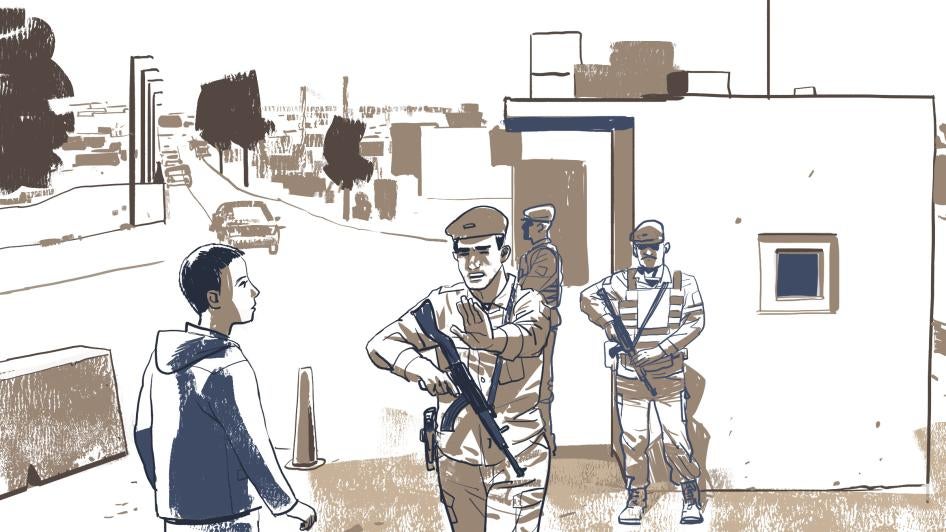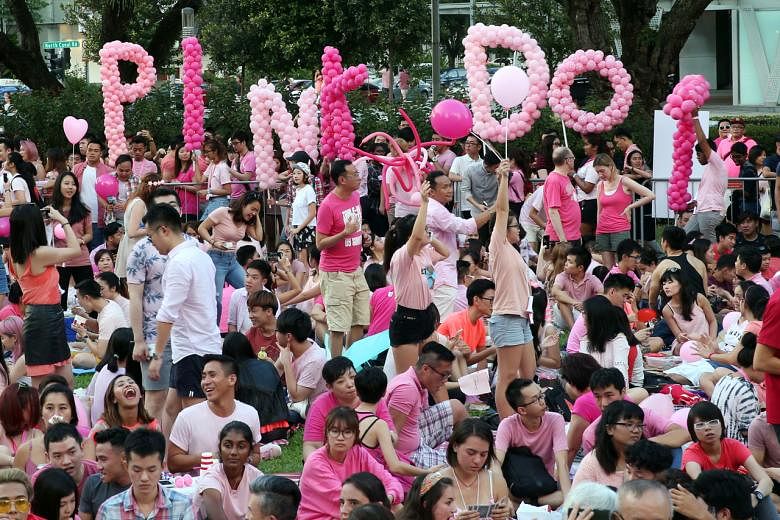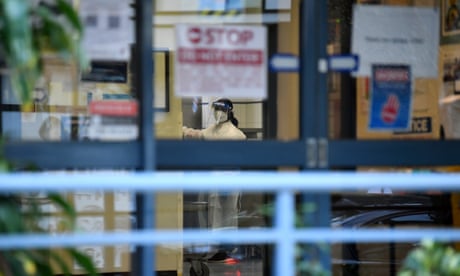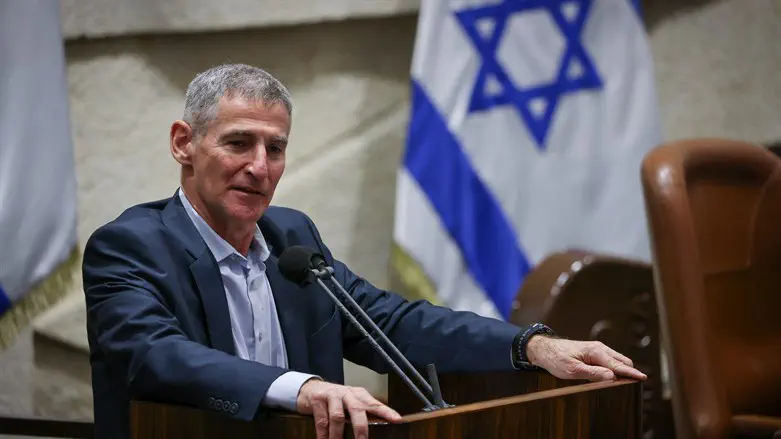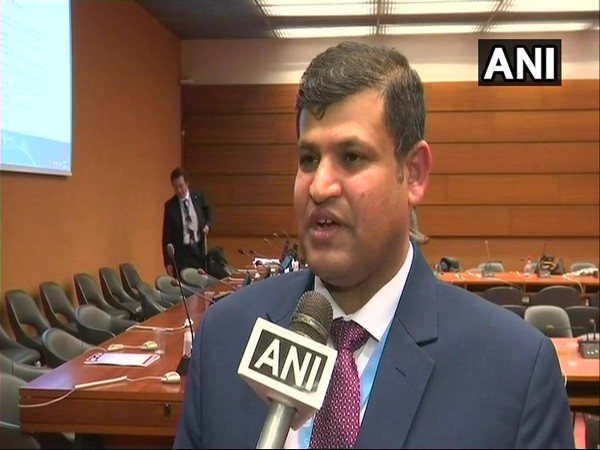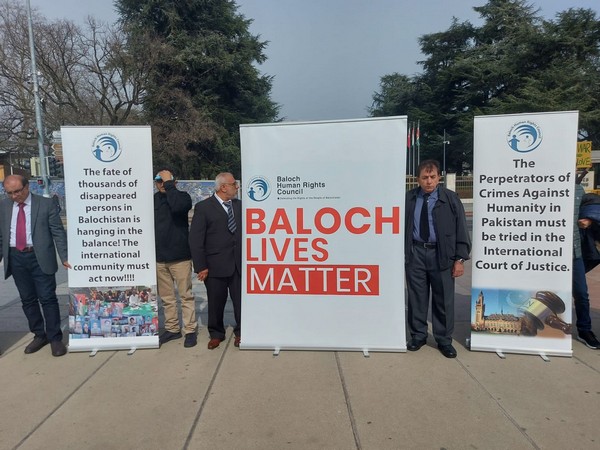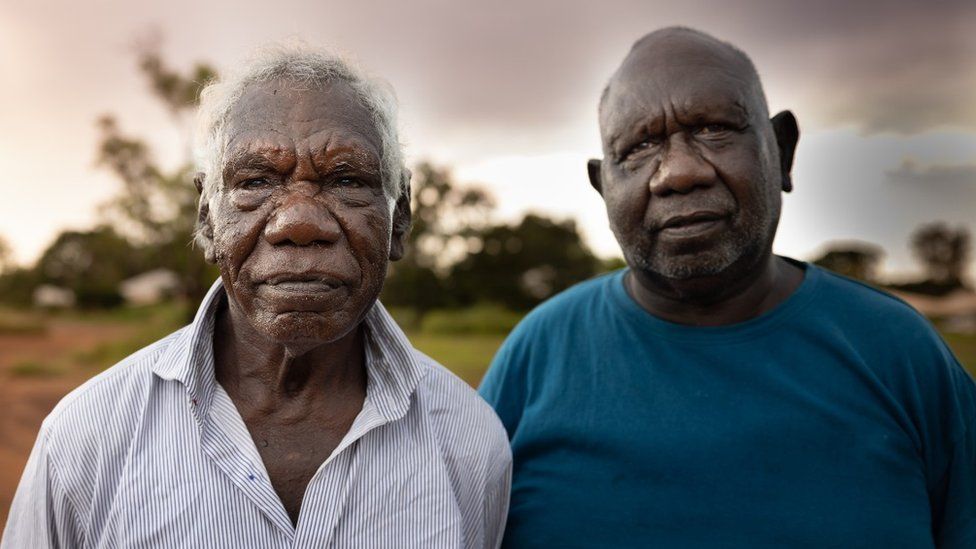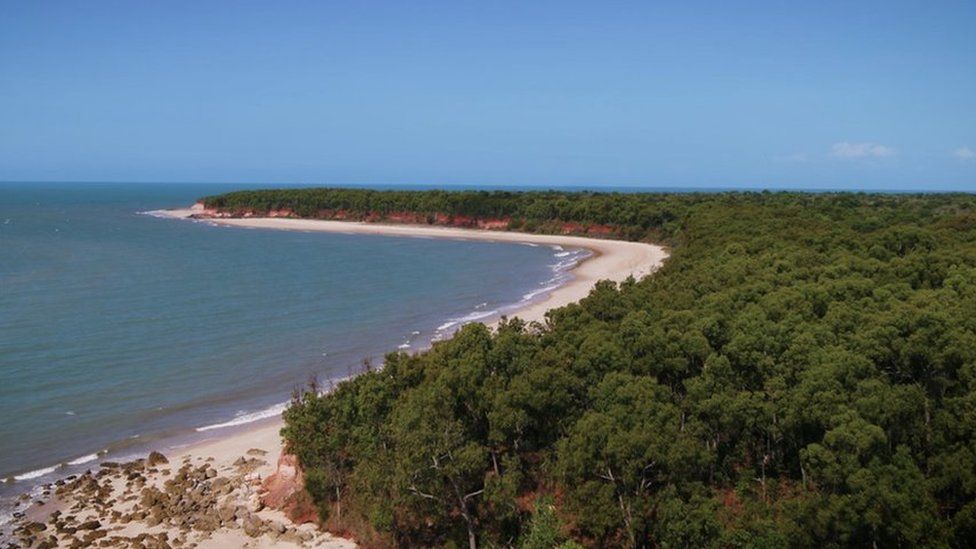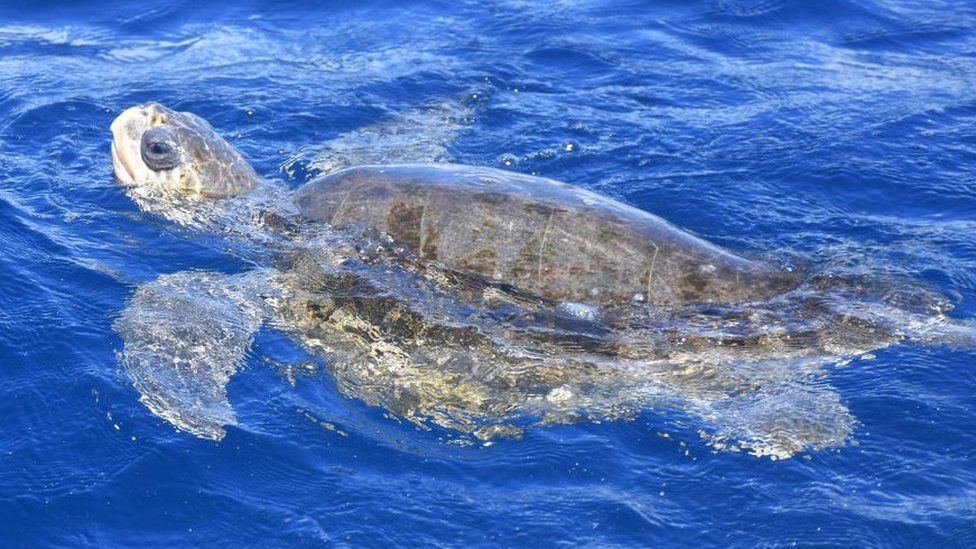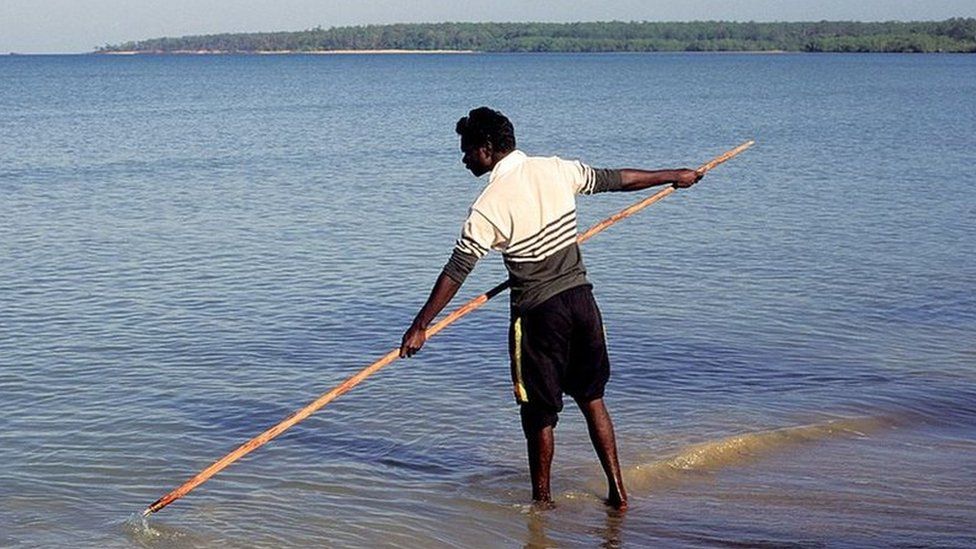Killings, Abductions, Torture, Sexual Violence by Armed Forces
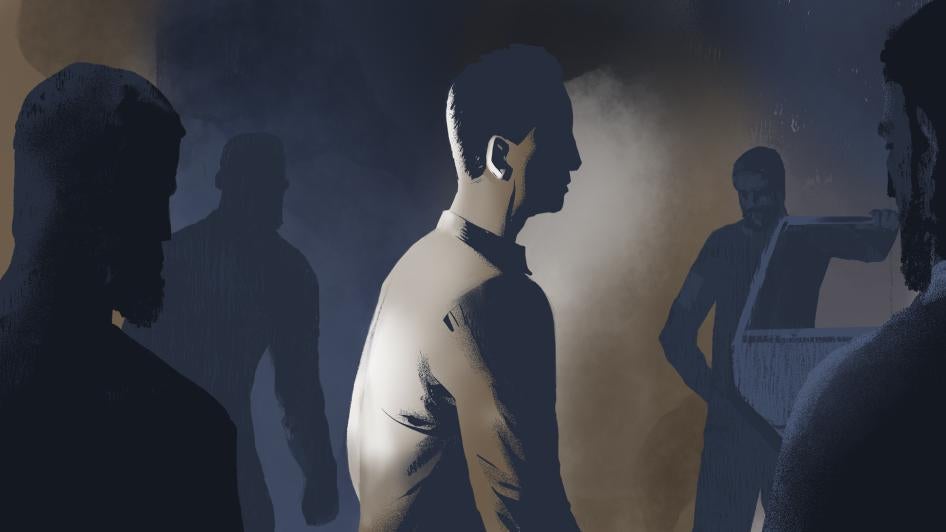
Click to expand Image
© 2022 John Holmes for Human Rights Watch
March 23, 2022
(Baghdad) – Armed groups in Iraq abduct, rape, torture, and kill lesbian, gay, bisexual, and transgender (LGBT) people, with impunity, Human Rights Watch said in a report released today with IraQueer. The police arrest and also carry out violence against them.
The 86-page report, “‘Everyone Wants Me Dead’: Killings, Abductions, Torture, and Sexual Violence Against LGBT People by Armed Groups in Iraq,” documents cases of attempted murder of LGBT people by armed groups primarily within the Popular Mobilization Forces (PMF), which are nominally under the prime minister’s authority. Human Rights Watch also documented cases of abductions, extrajudicial killings, sexual violence, and online targeting of LGBT people by the police and armed groups. The Iraqi government is responsible for protecting LGBT people’s rights to life and security but has failed to hold those responsible for the violence accountable, Human Rights Watch found.
“LGBT Iraqis live in constant fear of being hunted down and killed by armed groups with impunity, as well as arrest and violence by Iraqi police, making their lives unlivable,” said Rasha Younes, LGBT rights researcher at Human Rights Watch. “The Iraqi government has done nothing to stop the violence or hold the abusers accountable.”
Human Rights Watch and IraQueer, an Iraqi LGBT rights group, interviewed 54 LGBT Iraqis who have experienced violence by armed groups and police. Human Rights Watch also interviewed representatives of nine human rights organizations and international agencies, and seven representatives of foreign missions in Iraq and LGBT rights advocates. Those interviewed had experienced abuse in Baghdad and other cities in Iraq as well as in the Kurdistan region. Human Rights Watch also reviewed online documentation of attacks against LGBT people, including videos, images, and digital threats.
The groups found that LGBT people’s ability and willingness to report abuses they face to the police or file complaints against law enforcement agents are impeded by a combination of loosely defined “morality” clauses in Iraq’s Penal Code, and the absence of reliable complaint systems and legislation protecting them from discrimination. This has created an environment in which armed government actors, including the police, can abuse LGBT people with impunity, the groups found.
One 31-year-old Iraqi transgender woman said she was on her way home from work in February 2021 when six men in a Hummer with tinted windows stopped her next to a garbage dump in Baghdad. “They pulled out a razor blade and a screwdriver and poked and cut me all over, especially my ass, crotch, and thighs,” she told Human Rights Watch and IraQueer. “They sliced me up and poured around five liters of gasoline all over my body and face and set me alight.”
One 27-year-old gay man from Baghdad described how his boyfriend was tortured by four members of an armed group in front of him in May 2020. “Then they shot him five times,” he said.
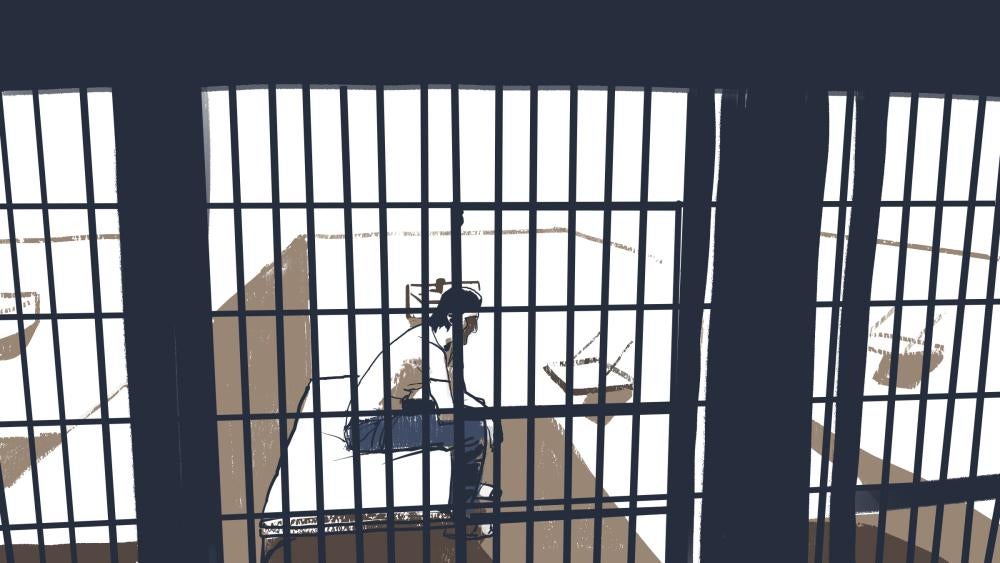 Karim, an 18-year-old gay man from Najaf, said he was 17 when police in Baghdad arrested him, verbally and physically abused him, sexually harassed him, and subjected him to a forced anal exam. © 2022 John Holmes for Human Rights Watch
Karim, an 18-year-old gay man from Najaf, said he was 17 when police in Baghdad arrested him, verbally and physically abused him, sexually harassed him, and subjected him to a forced anal exam. © 2022 John Holmes for Human Rights Watch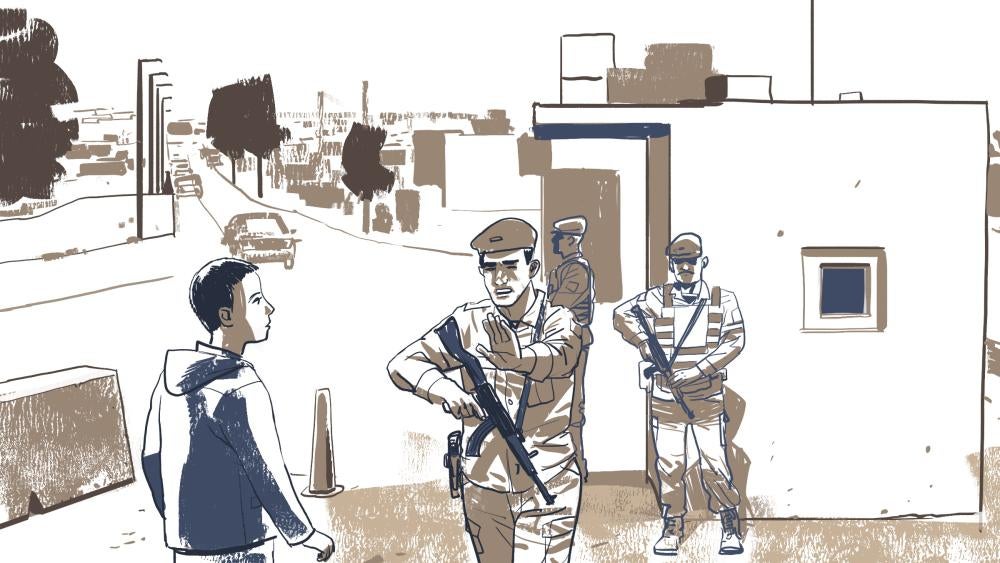
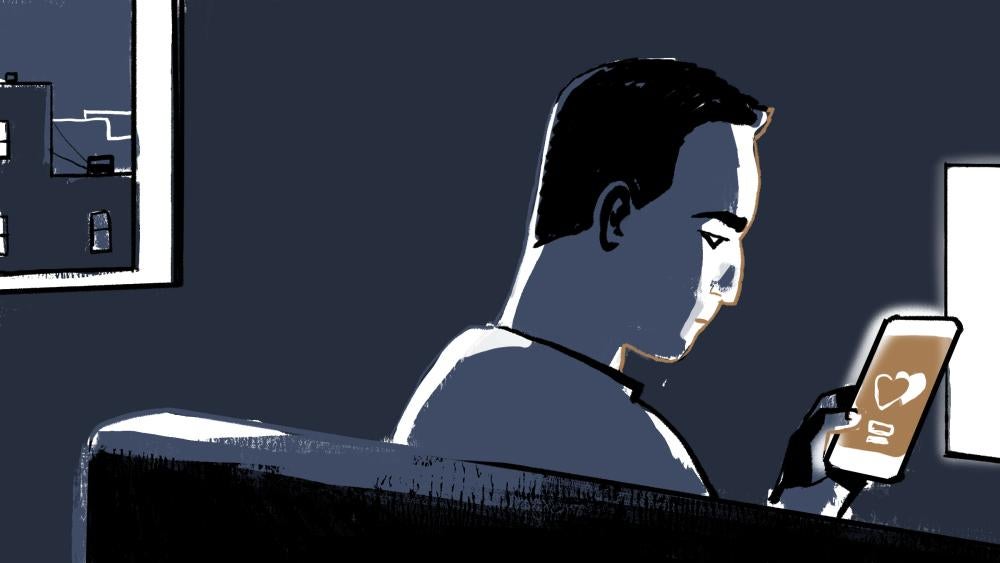
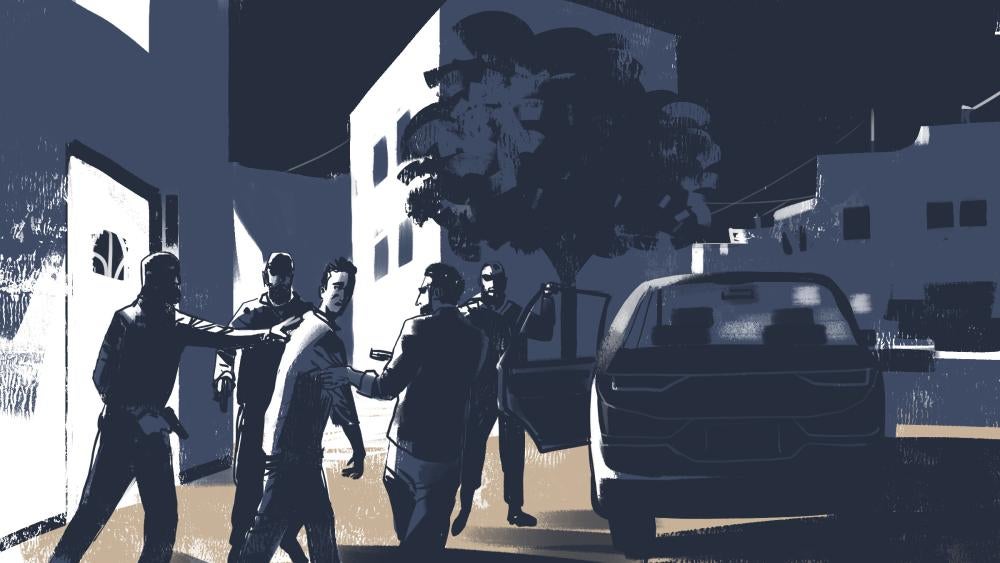

 Mariam, a 21-year-old lesbian woman from Baghdad, is one of many LGBT Iraqis who said they were harassed at checkpoints by security forces due to their appearance. © 2022 John Holmes for Human Rights Watch
Mariam, a 21-year-old lesbian woman from Baghdad, is one of many LGBT Iraqis who said they were harassed at checkpoints by security forces due to their appearance. © 2022 John Holmes for Human Rights Watch Zoran, a 25-year-old gay man from Sulaymaniyah, said he was sexually assaulted by two members of the Asayish while he was on a date with a man who tricked him after they met on a same-sex dating application. © 2022 John Holmes for Human Rights Watch
Zoran, a 25-year-old gay man from Sulaymaniyah, said he was sexually assaulted by two members of the Asayish while he was on a date with a man who tricked him after they met on a same-sex dating application. © 2022 John Holmes for Human Rights Watch Laith, a 27-year-old gay man from Baghdad, said he watched as armed group members abducted his boyfriend from his house, tortured and killed him. © 2022 John Holmes for Human Rights Watch
Laith, a 27-year-old gay man from Baghdad, said he watched as armed group members abducted his boyfriend from his house, tortured and killed him. © 2022 John Holmes for Human Rights Watch Karim, an 18-year-old gay man from Najaf, said he was 17 when police in Baghdad arrested him, verbally and physically abused him, sexually harassed him, and subjected him to a forced anal exam. © 2022 John Holmes for Human Rights Watch
Karim, an 18-year-old gay man from Najaf, said he was 17 when police in Baghdad arrested him, verbally and physically abused him, sexually harassed him, and subjected him to a forced anal exam. © 2022 John Holmes for Human Rights WatchIn eight cases, abuses by armed groups and police, including arbitrary arrest and sexual harassment, were against children as young as 15. Many of those attacked were able to identify the armed group responsible. The groups implicated in the most serious abuses are Asa’ib Ahl al-Haqq, Atabat Mobilization, Badr Organization, Kata’ib Hezbollah, Raba Allah Group, and Saraya al-Salam.
The people interviewed described arrests and routine violence from security officials, who verbally and physically assault them, and arbitrarily arrest and detain them, often without a legal basis.
LGBT people reported abuses during detention including being denied food and water, or the right to contact a lawyer or family members, or get medical care. They said the police sexually assaulted them and physically abused them and forced them to sign pledges stating that they had not been abused.
In June 2021, police in the Kurdistan Region of Iraq (KRI) issued arrest warrants based on article 401 of the penal code which criminalizes “public indecency” against 11 LGBT rights activists who are either current or former employees at Rasan Organization, a Sulaymaniyah-based human rights group. As of March 2022, the case remained open pending investigation, though authorities had not detained the activists.
Most of those interviewed also said they had experienced extreme violence at least once by male relatives for their sexual orientation or gender identity and expression. Such violence included being locked in a room for extended periods; being denied food and water; being burned, beaten, raped, given electric shocks, attacked at gunpoint, and subjected to conversion practices and forced hormone therapy; being subjected to forced marriages; and being forced to work for long hours without compensation.
Iraqi authorities should investigate all reports of armed-group or other violence against people targeted due to their actual or perceived sexual orientation or gender identity and expression; prosecute, fairly try, and appropriately punish those found responsible; and publicly and expressly condemn all such violence, Human Rights Watch said. The government should take all appropriate measures to end torture, disappearances, summary killings, and other abuses, including based on sexual orientation and gender expression and identity, and compensate survivors of serious abuse and the families of all victims of killings by armed groups.
Iraqi security forces should stop harassing and arresting LGBT people on the basis of their sexual orientation or gender expression and instead protect them from violence. Iraq should introduce and enforce anti-discrimination legislation including on the grounds of sexual orientation and gender identity.
Countries providing military, security, and intelligence assistance to Iraq, including the United States, the United Kingdom, Germany, and France should urge the Iraqi authorities to investigate allegations of abuses by armed groups and the role of their own assistance in these alleged violations. These countries should suspend military, security, and intelligence assistance to units involved in these violations and explain any suspension or end to that assistance publicly.
“LGBT Iraqis’ lives will continue to be lost if the Iraqi government does not end the violence and impunity immediately,” Younes said. “Iraqi authorities should start by publicly condemning violence against LGBT people and safeguarding their right to access protection in their own country.”
“Everyone Wants Me Dead”
Killings, Abductions, Torture, and Sexual Violence Against LGBT People by Armed Groups in Iraq
